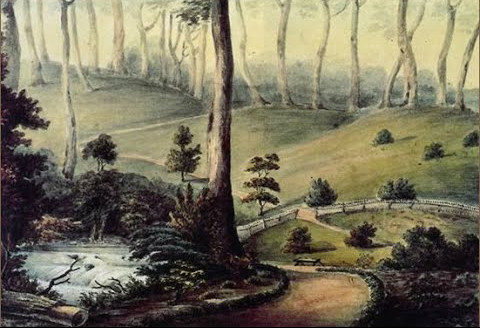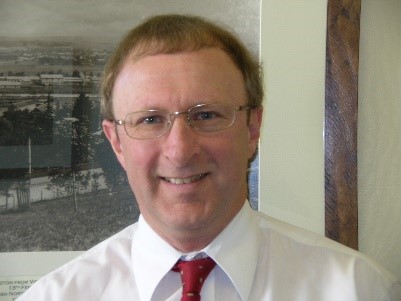
RST Apology to Tasmanian Aboriginal people 2021.

RST Apology to Tasmanian Aboriginal people 2021.
York Town was the site of the first permanent European settlement in northern Tasmania from 1804. The town grew to house 300 people but was abandoned in 1808 for the settlement of Launceston. The settlement struggled for the first couple of years facing food shortages, convict escapes, military discontent, piracy and conflict with the indigenous population. The site was just abandoned when they moved to Launceston, leaving a time capsule of those four years in the ground.

In more recent years, the site has been re-discovered and has been heritage listed, sites archaeologically excavated, the site opened up to visitors, and a book written about the people and events of York Town. This talk tells the history of York Town in Tasmania.

John Dent is currently President of The West Tamar Historical Society and is a member of Launceston Historical Society, President of the Tasmanian Family History Society (Launceston Branch), president of the Launceston History Centre and on the committee of the Friends of The Launceston Mechanics Institute. John has published many articles, co-written the history of York Town, written chapters for books and given numerous talks on many aspects of northern Tasmanian history. He was a registered land surveyor in private practice but has recently retired. John was awarded an OAM in 1996.

The Royal Society of Tasmania acknowledges, with deep respect, the traditional owners of this land, and the ongoing custodianship of the Aboriginal people of Tasmania. The Society pays respect to Elders past, present and emerging. We acknowledge that Tasmanian Aboriginal Peoples have survived severe and unjust impacts resulting from invasion and dispossession of their Country. As an institution dedicated to the advancement of knowledge, the Royal Society of Tasmania recognises Aboriginal cultural knowledge and practices and seeks to respect and honour these traditions and the deep understanding they represent.

On 15 February 2021, the Royal Society of Tasmania offered a formal Apology to the Tasmanian Aboriginal people.